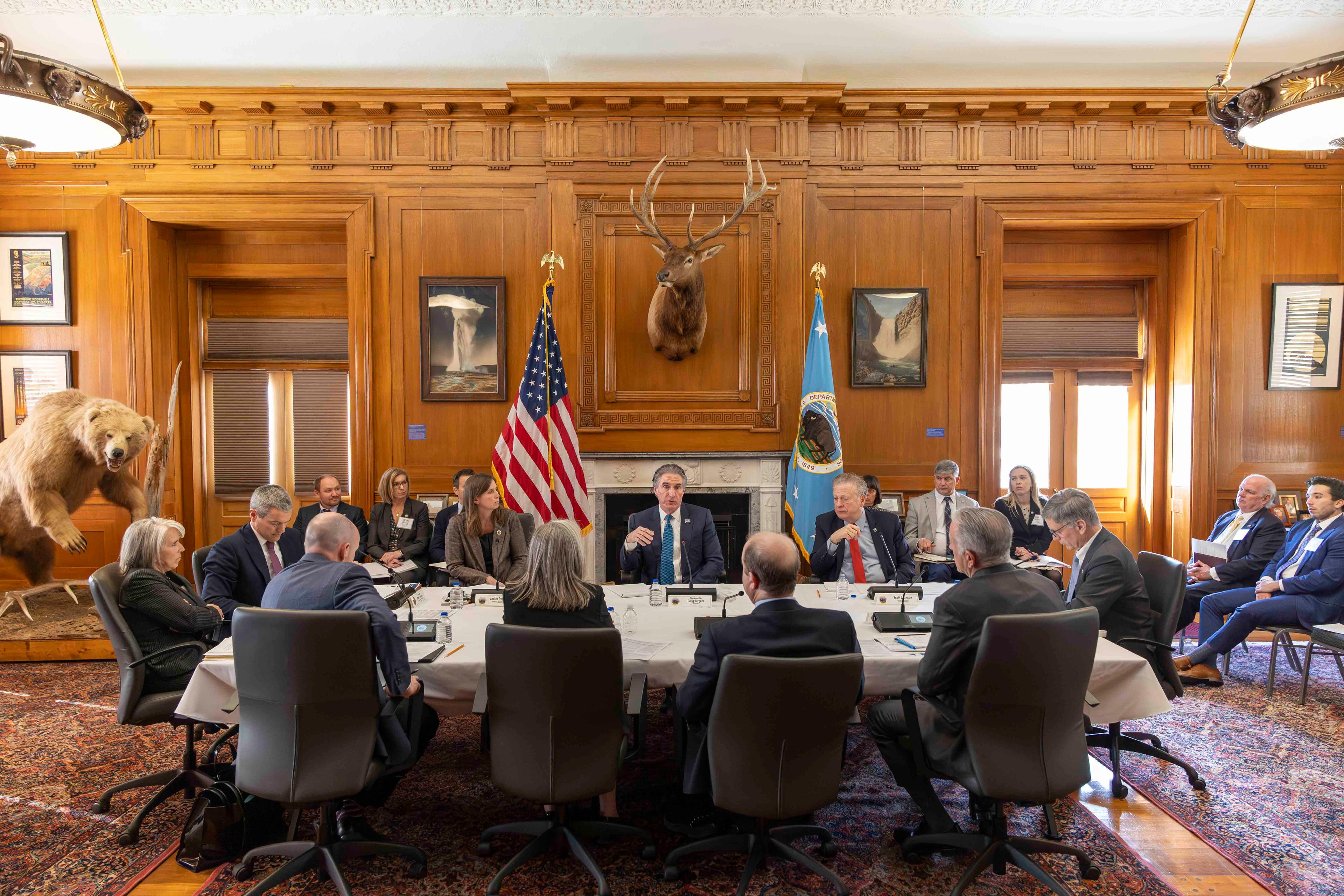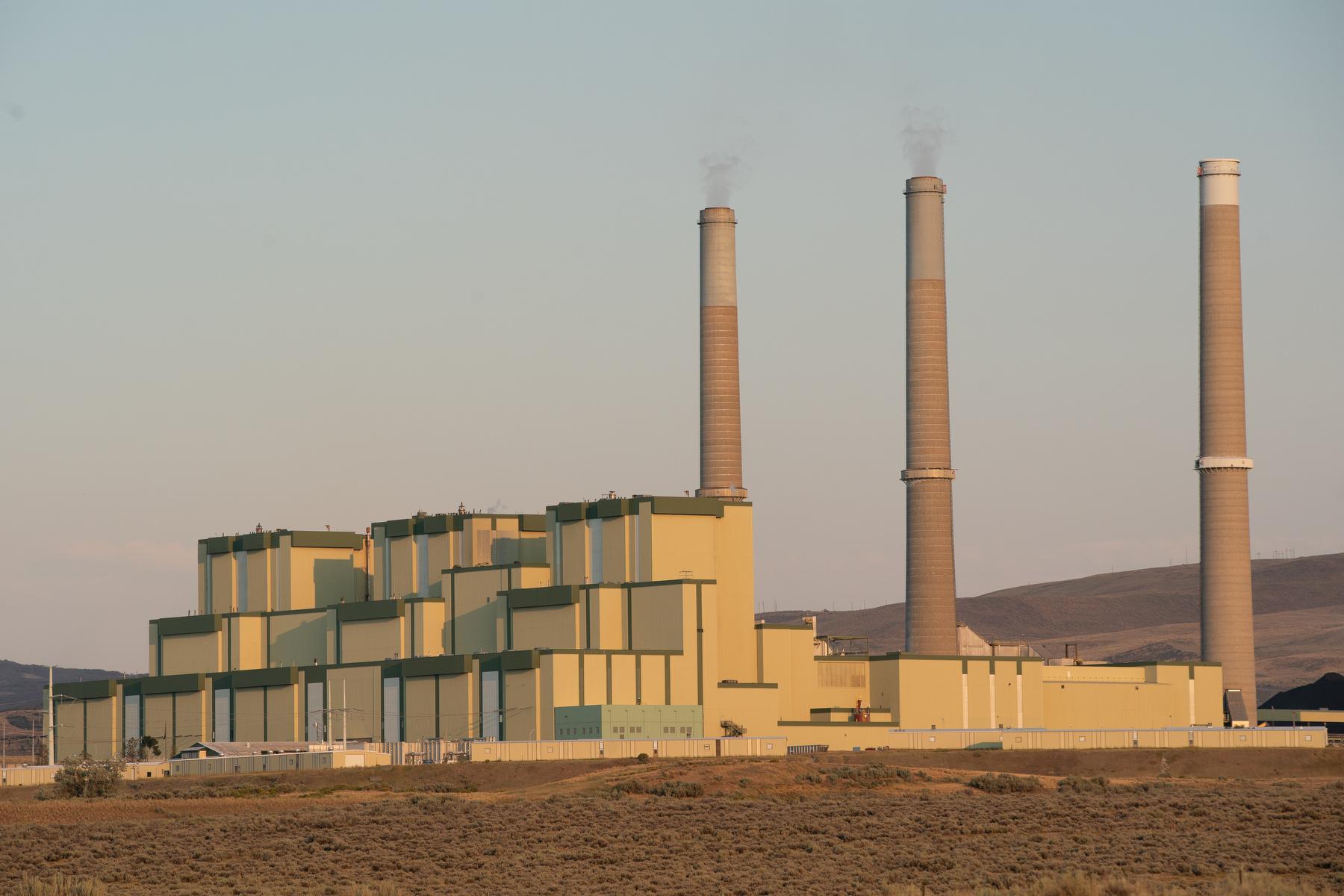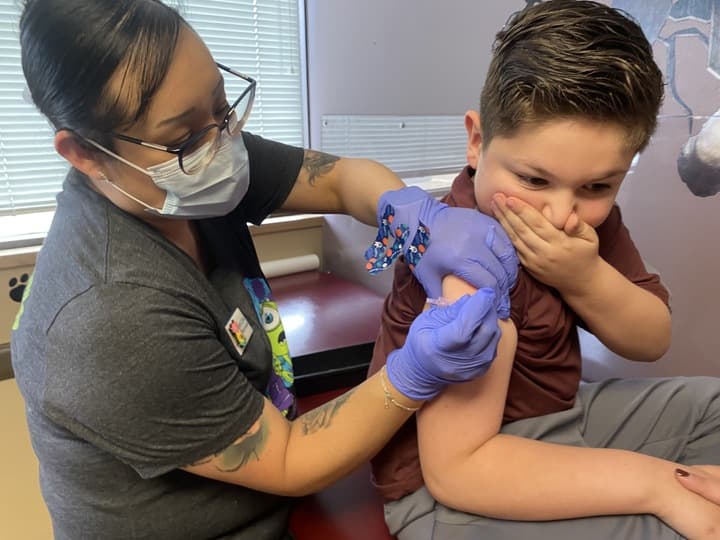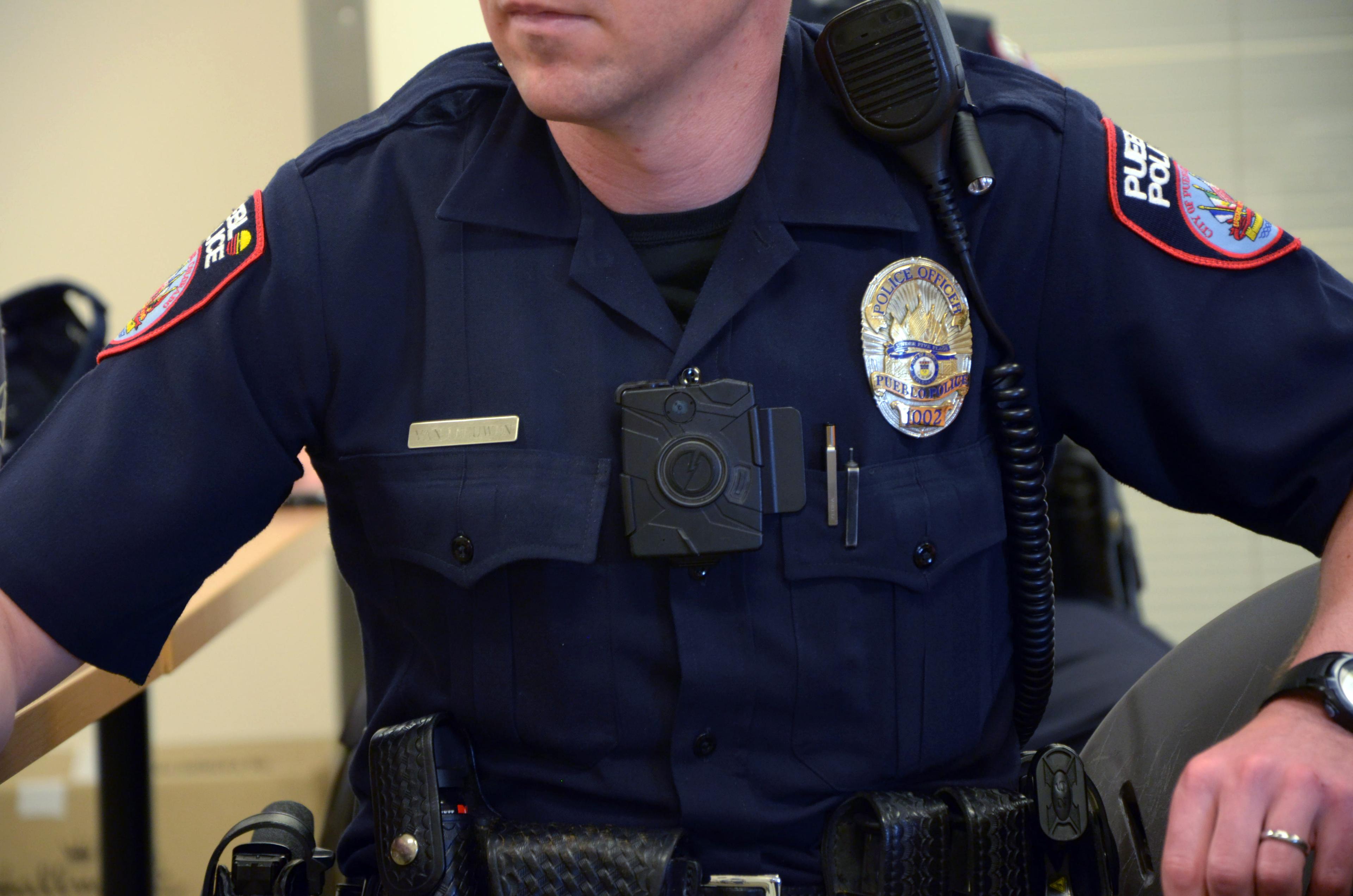
Denver and Boulder will soon join several dozen police departments in Colorado that use body-worn cameras. They can take lessons from Pueblo, which deployed cameras to patrol officers in January.
On a recent August evening, Officer Roman Castro, 29, started his patrol on the south side of Pueblo with one of the cameras attached to his uniform in the middle of his chest. A long list of calls awaited: a fight with weapons, a recovered motor vehicle, a family disturbance, a theft in progress, an assault, a burglary.
He also stopped to talk with a woman at a housing project who said her neighbor threatened her son, then at a bridge where a man in a wheelchair said he was suicidal. Later he was called to a pizza joint where an employee’s phone keeps butt-dialing 911.
Before each stop, Castro tapped a little black box on his chest to activate the video camera. He didn't alert civilians that he was recording, which is legal. Each time he turned off the camera, the file was instantly stored on the device, and then sent to an iPod he carries with him. Officers can’t delete or edit the recordings.
Around 9 p.m., he got a call about a robbery in progress at the local Walmart store. Castro clicked on his camera before pulling into the parking lot.
"There he is!" Castro said, spotting a young man running away from the store. He fit the description Castro got from dispatch, down to the knee-high socks with marijuana leaves on them.
In an instant, Castro was out of the car, and together with another officer, pulled the suspect to the ground in handcuffs.
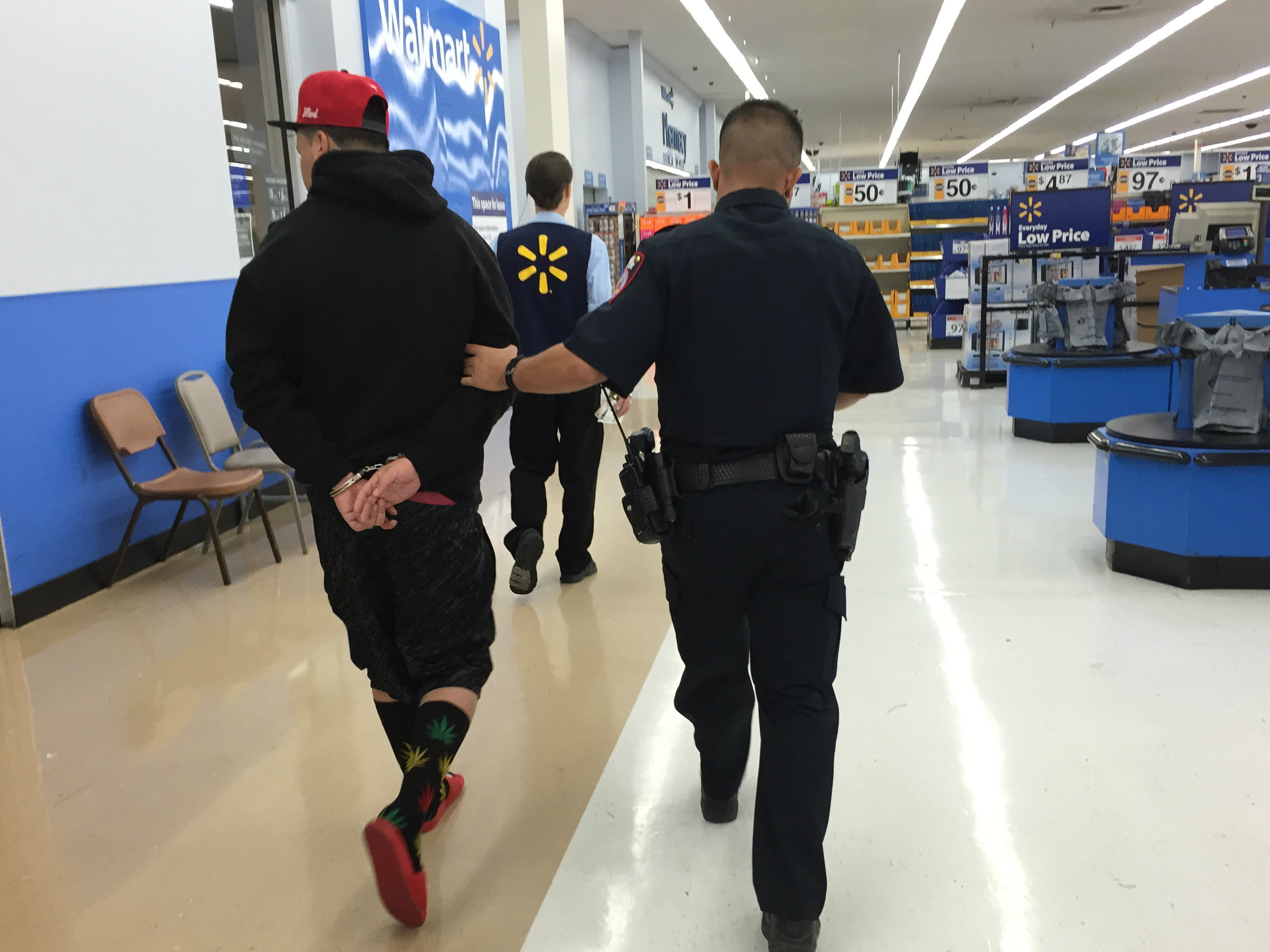
"Thank you for being nice," the suspect mumbled as Castro searched him. The officers found several packs of toys under his sweatshirt.
Later, Castro took out his iPod to watch the footage he just recorded.
"See how you can see my hands at all times?" he said, narrating the video. "You know I didn’t punch him. That way if that guy comes back, you can see, no marks or anything and he’s totally fine."
Castro said body cameras have saved him twice from complaints that he or his partner used excessive force. For that reason, he calls his camera a “safety blanket.”
"You know, people make false statements, but I don’t have to worry about it with my camera," he said. "My camera’s rolling and I know that I’m doing the right thing and it just kind of takes the worry away."
Complaints against the Pueblo police went down 17 percent in the first six months officers used body cameras, according to Sgt. Eric Gonzales, a department spokesman. That’s one reason leaders in this cash-strapped city felt they could afford to get cameras at a cost of more than $400,000 over five years, despite not having funds to paint some of Pueblo's cop cars.
"Budget is an issue in the city of Pueblo. But the importance of having video saves in the long run, just in complaints and lawsuits," he said.
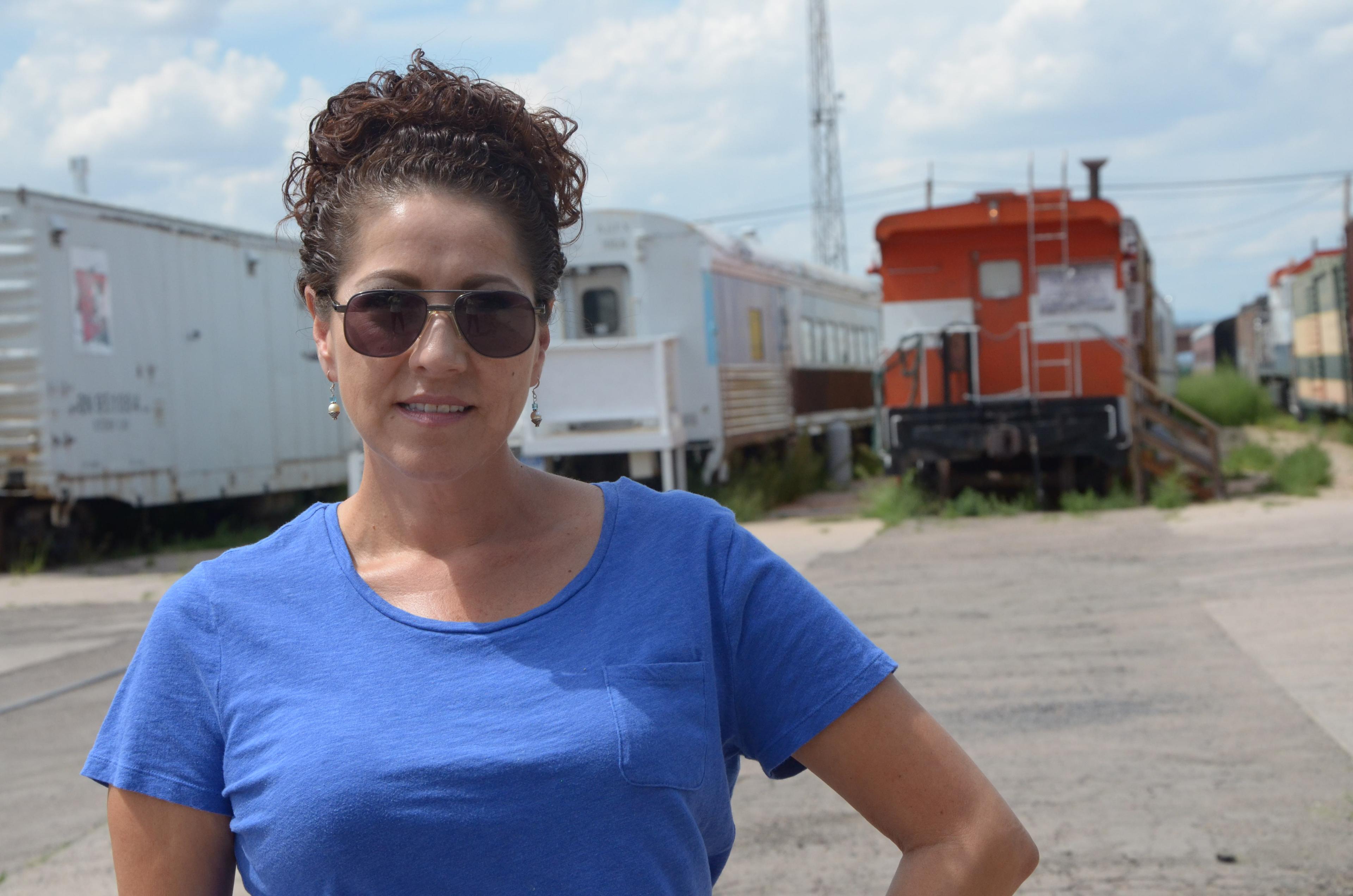
Body cameras also make citizen watchdogs in Pueblo happy, including the city's Human Relations Commission, which was set up about 15 years ago to address historic conflicts between law enforcement and citizens, particularly communities of color.
"When we began with public forums it was a very painful process. People were very upset with law enforcement and as a commission we were getting our hands around the issues," said Kristi Martinez, an investigator with the public defender's office who also serves on the commission.
Martinez, speaking only from the perspective of her position on the commission, said, "There was just a lot of old, deep-seated anger and mistrust of law enforcement."
The commission now works regularly with police. Last year they discussed policies for body cameras before police adopted them. The devices are not a substitute for other measures she's like to see, including more citizen oversight, but they are a win-win.
"They’re great," she said. "They don’t lie. So it protects both the officer and the citizen."
Days after Pueblo got body cameras in January, the technology helped exonerate seven officers when one shot and killed a suspect during a break-in.
Still, several of the officers who had just shown up to work didn’t have body cameras on them. There's also a common concern in the community: That officers won’t turn on the cameras when it’s not in their interest.
Police say they'll be reprimanded if that happens. That's one way body cameras could identify bad apples in the police force -- and even reveal deeper problems, according to the state’s top public defender, Doug Wilson.
"If there’s an interaction between citizen and a police officer that goes poorly, and the officer says I was following my office’s policy, then there’s going to have to be a discussion about that policy," Wilson said. "You know, do we want officers shooting into moving cars, for example?"
For now, Wilson looks forward to the findings of a study group set up by state lawmakers. Formed this month, it will examine best practices for body cameras and whether to set standards for their use across the whole state.
"The policies regarding who uses them, how they’re used, what’s recorded, are going to be just as critical as the decision whether or not we’re going to have body cams in the state," Wilson said.
The study group plans to make recommendations to lawmakers next spring, just a few months after Denver’s police force expects to turn on its new cameras.


